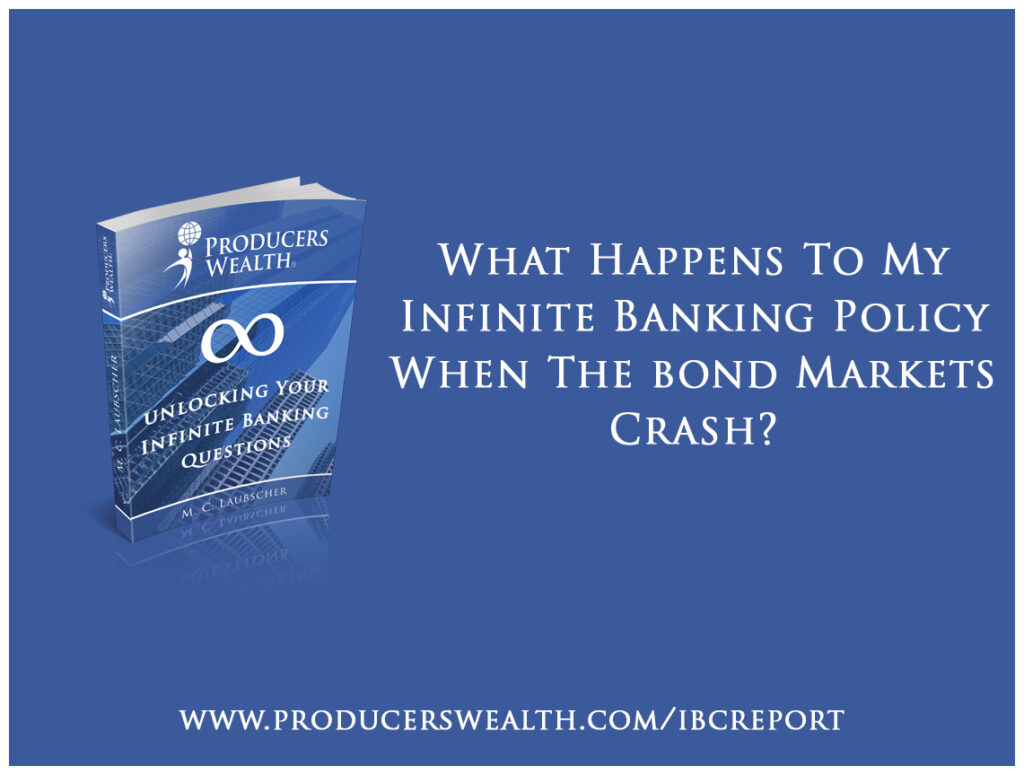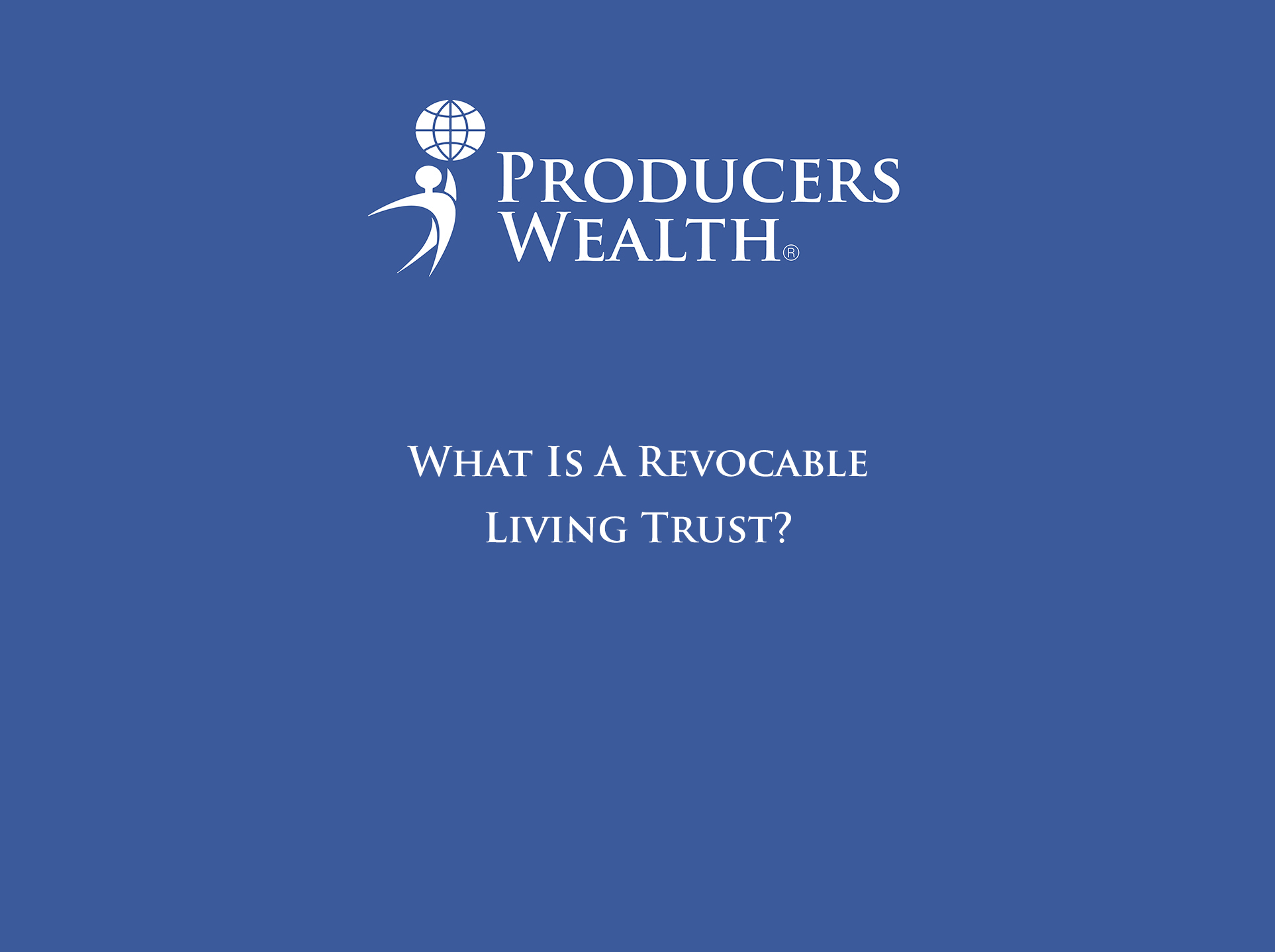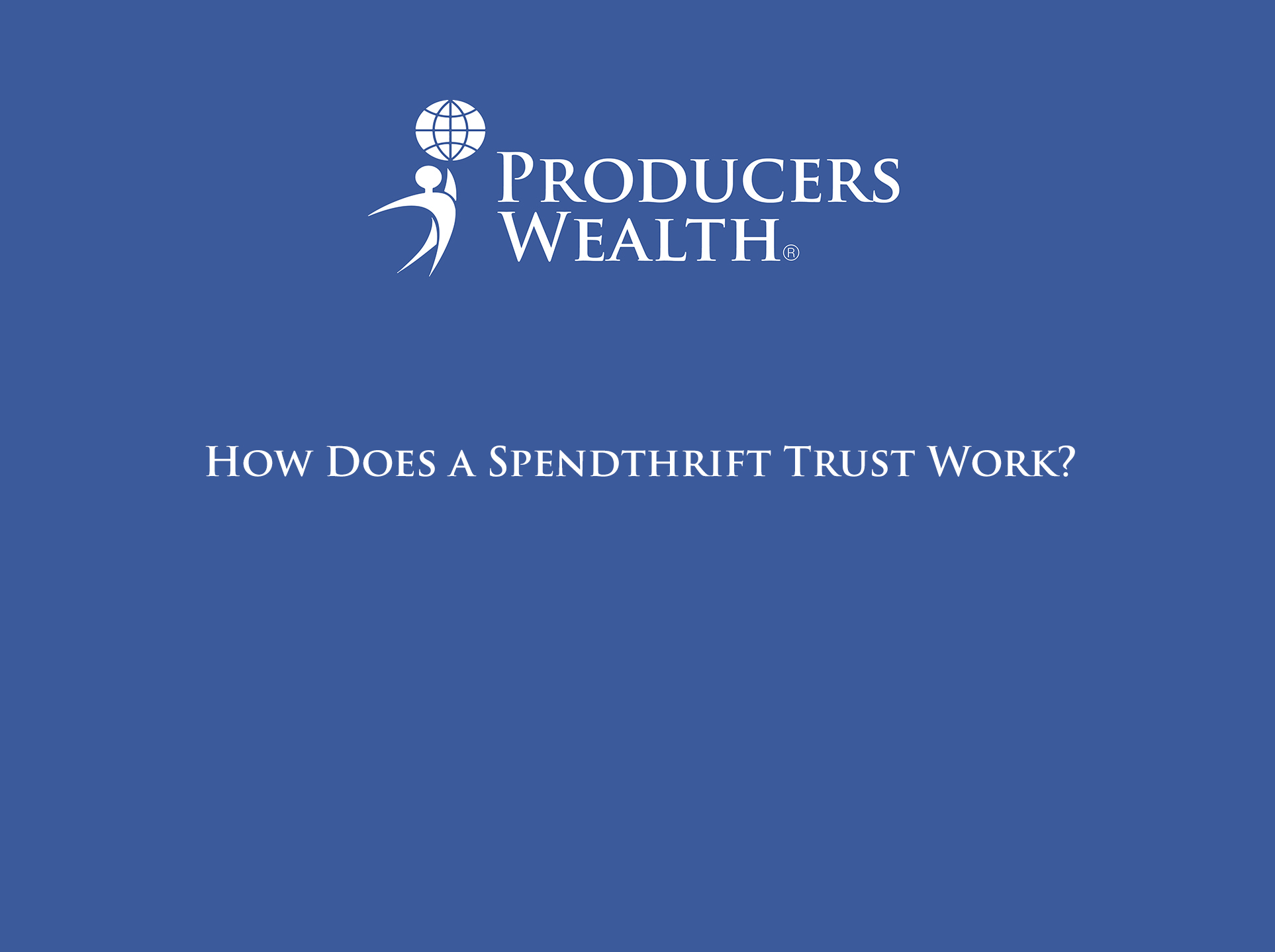
A whole life insurance policy has a guaranteed cash value that grows over time, independent of the performance of any market. The increase in cash value is contractually guaranteed by the insurance company and is based on a predetermined schedule outlined in the policy. The premiums you pay and the guaranteed rate of return help to build this cash value.
In addition to the guaranteed growth, insurance companies may also pay dividends to policyholders, which can contribute to the increase in cash value. These dividends are not guaranteed, and they can fluctuate based on the insurer’s financial performance and economic conditions.
Now, if the bond markets were to crash, the overall profitability of the insurance company could be impacted because insurance companies often invest a significant portion of their assets in bonds. However, due to strict regulation and conservative investment strategies, they tend to hold a diverse portfolio of high-quality and long-duration bonds, which can mitigate some of the risks associated with a bond market crash.
If the crash in the bond market is severe and prolonged, it could potentially impact the insurer’s ability to pay dividends, but it would not directly affect the guaranteed cash value growth of your policy, which is contractually obligated.
Furthermore, insurance companies are regulated by state insurance departments, which require them to hold sufficient reserves to pay claims and meet policy obligations, providing an additional layer of protection for policyholders.
Watch all of our educational videos on Infinite Banking here.
Disclaimer and Waiver
Michiel Laubscher & Laubscher Wealth Management LLC is not an investment advisor and is not licensed to sell securities. None of the information provided is intended as investment, tax, accounting, or legal advice, as an offer or solicitation of an offer to buy or sell, or as an endorsement, of any company, security, fund, or other offerings. The information should not be relied upon for purposes of transacting securities or other investments. Your use of the information contained herein is at your own risk. The content is provided ‘as is’ and without warranties, either expressed or implied. Michiel Laubscher & Laubscher Wealth Management LLC does not promise or guarantee any income or specific result from using the information contained herein and is not liable for any loss or damage caused by your reliance on the information contained herein. Always seek the advice of professionals, as appropriate, regarding the evaluation of any specific information, opinion, or other content.





